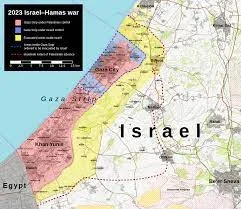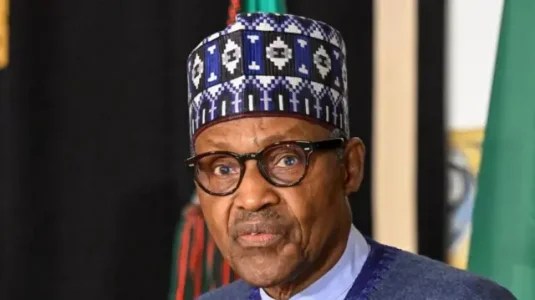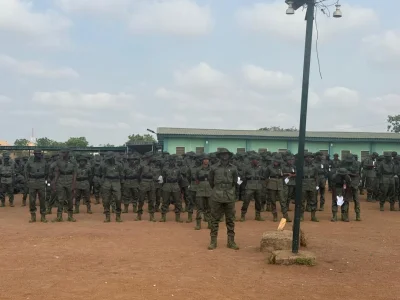
In a pivotal development, a four-day cease-fire between Israel and Hamas commenced today, providing much-needed respite for the war-torn Gaza Strip and signaling potential progress toward resolving the conflict. The truce not only allows for the delivery of crucial humanitarian aid to Gaza but also sets the stage for the release of hostages held by militants and Palestinians imprisoned by Israel.
As the cease-fire took effect, there were no immediate reports of fighting, offering a glimpse of relief for Gaza's 2.3 million inhabitants, who have endured weeks of Israeli bombardment and faced shortages of basic necessities. Families in Israel, anxiously awaiting news of loved ones captured during Hamas' October 7 attack, also find a glimmer of hope in the cease-fire.
One of the early positive signs was the entry of four fuel tankers and four cooking gas tankers into Gaza from Egypt, a move aimed at addressing the critical fuel shortage in the region. Israel has agreed to permit the daily delivery of 130,000 liters of fuel during the truce, a modest but crucial step to meet Gaza's estimated daily needs.
However, challenges persist, as Israel has expressed its determination to resume its massive offensive once the cease-fire concludes. The Israeli military dropped leaflets over southern Gaza, warning displaced Palestinians not to return to their homes in the territory's north, the focus of Israel's ground offensive. Despite these warnings, hundreds of Palestinians were seen walking north, resulting in clashes with Israeli troops, leaving two dead and 11 wounded.
The most significant breakthrough comes in the form of a hostage release agreement between Israel and Hamas. As part of the cease-fire deal, Hamas has pledged to release at least 50 of the approximately 240 hostages taken during the October 7 attack. In return, Israel is expected to release 150 Palestinian prisoners, with the understanding that women and children will be prioritized.
The deal, reached after weeks of intense negotiations with Qatar, the United States, and Egypt serving as mediators, brings a ray of hope for a potential end to the violence that has ravaged the region. The cease-fire stipulates an extension for each additional day the truce holds for every 10 hostages freed.
While international leaders express cautious optimism, there are lingering concerns about the sustainability of the cease-fire and the broader prospects for peace. The coming days will be crucial in determining whether the current momentum can lead to a lasting resolution to the Israeli-Palestinian conflict, which has exacted a heavy toll on both sides.




